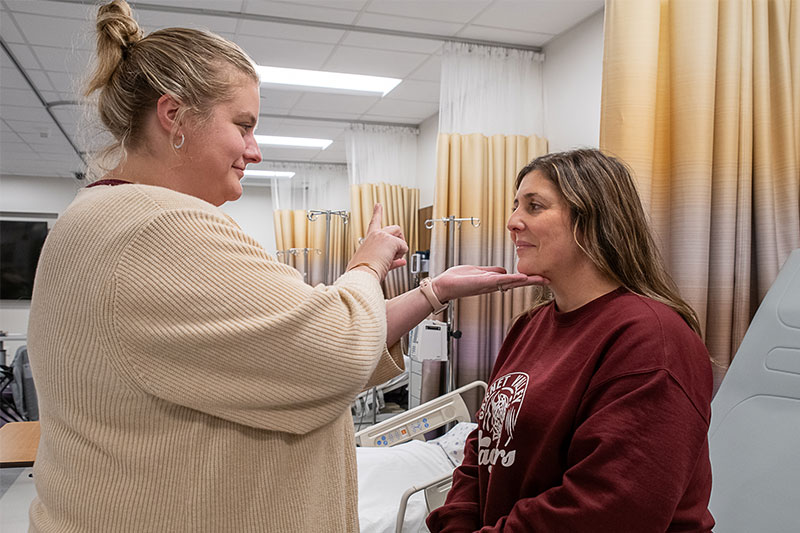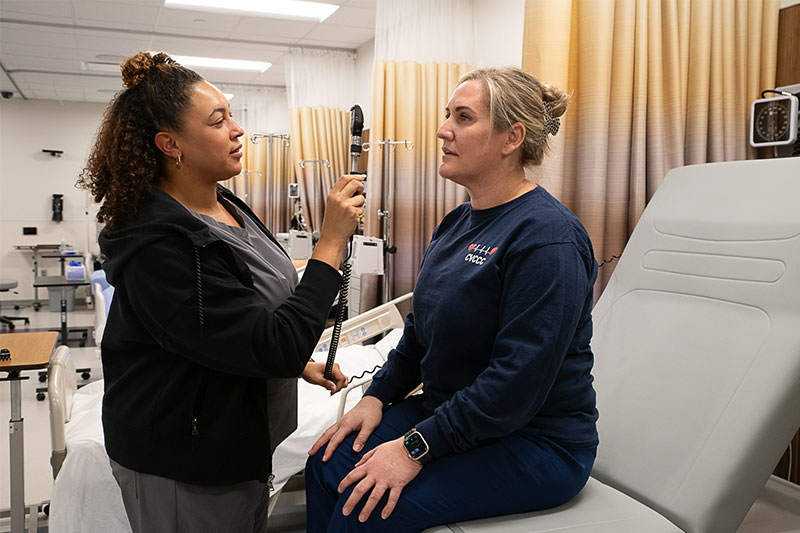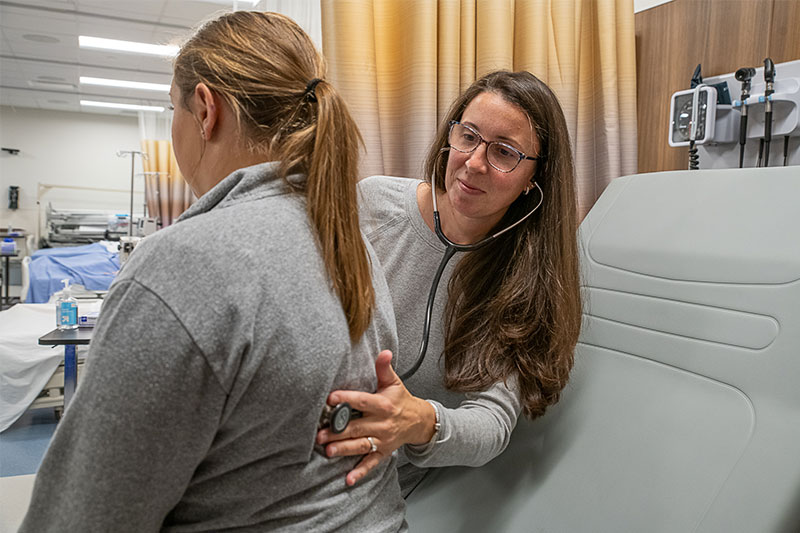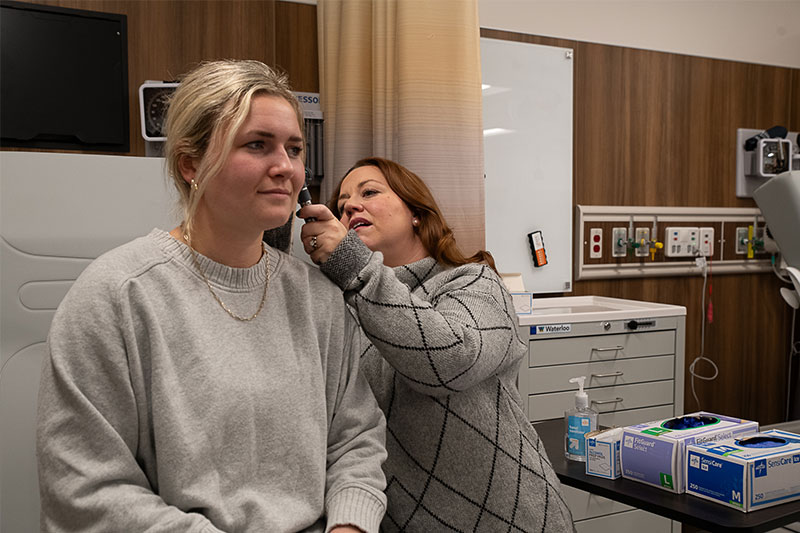Graduate Nursing Programs
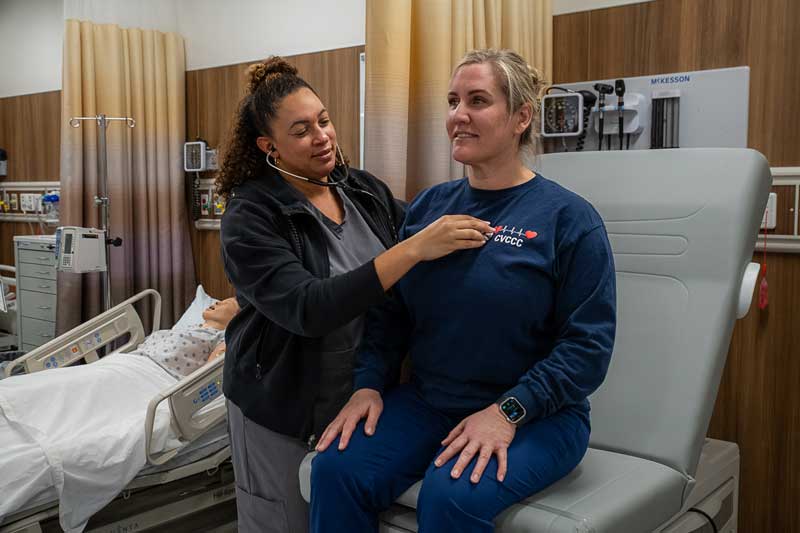
Master of Science in Nursing (MSN)
- Complete the MSN full-time or part-time, entirely online. Online courses offer synchronous and asynchronous formats to enable working professionals the flexibility to pursue a graduate degree while still maintaining their full-time employment.
- The MSN program offers tracks for Nurse Educators and Adult-Gerontology CNS. All tracks require students to complete practicum hours to earn their degrees.
- The MSN curriculum of West Chester University is accredited by the Commission on Collegiate Nursing Education (CCNE) through 2029.
- Please check the Graduate Catalog for complete descriptions of the MSN curriculum, courses, requirements, and program outcomes.
Admissions Process:
The MSN program accepts applications for both the fall and spring semesters. Completed applications are reviewed on a rolling basis. Applicants should submit the following materials to the Graduate College:
- Completed graduate application, including goals statement (Apply Online)
- Official academic transcript(s) from all colleges and universities attended, demonstrating a cumulative undergraduate GPA of 2.8 or better, with successful completion of the B.S.N. and courses in statistics and physical assessment.
- Current RN license (Pennsylvania licensure will be required prior to the clinical practicum)
- Two letters of recommendation
- Goal Statement
School Nurse Certification
School Nurse Certification – Educational Specialist – Level I
- Students who complete this program, hold a valid RN license in Pennsylvania, and have a bachelor’s degree in nursing, are eligible to apply for the School Nurse Certificate (Education Specialist I) issued by the Pennsylvania (PA) Department of Education.
- The School Nurse Certification program is a 14-credit, fully online post-baccalaureate program that prepares students for initial Pennsylvania Department of Education certification as an Educational Specialist I – School Nurse. This program prepares registered nurses to meet the health needs of children and adolescents in schools, pre-K to Grade 12.
Please check the Graduate Catalog for complete descriptions of the School Nurse curriculum, courses, and requirements.
School Nurse Certification – Educational Specialist – Level II
- The School Nurse Certification – Level II post-baccalaureate program prepares students for continuing education as a natural extension of the education achieved within the level I certification. The School Nurse Certification – level II program is an extension of the School Nurse Certification - level I program offered either at West Chester University or another Pennsylvania State higher education institution.
- The level I certification is identified by the University in conjunction with the Pennsylvania Department of Education.
Requirements for admission are as follows: Active engagement in employment that utilizes level I certification; Active Pennsylvania RN license in good standing; Active BLS certification.
Please check the Graduate Catalog for complete course descriptions of the School Nurse Certification – level II program curriculum, courses and requirements.
One-year Completion Pathway for Fall 2025 Applicants
We’re offering an exclusive one-year completion pathway for Fall 2025 applicants! School nurse students can finish courses in Fall 2025 and Spring 2026, earning their certificate in under 12 months. Ideal for school nurses on emergency waivers looking to quickly advance their credentials. Start your journey today and earn your certificate in record time!
